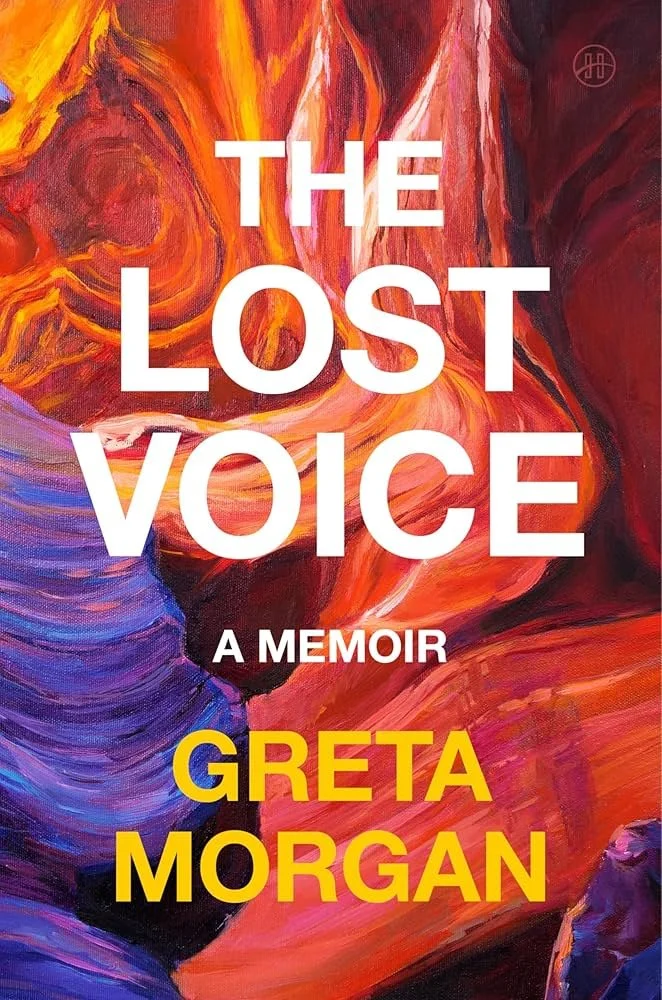Have you ever read a book that described your own experience so completely that you finally felt seen and understood? For me, Greta Morgan's memoir The Lost Voice is that book (Amazon affiliate link).
My story isn't exactly like Greta's. She was a successful songwriter-singer touring with a rock band when Covid triggered what would eventually be diagnosed as spasmodic dysphonia (also known as laryngeal dystonia). I was a high school student and aspiring classical singer when the flu weakened my vocal cords and decimated my high range. (You can read more of my story here.)
Still, similarities abound. Years of vocal struggles before finally receiving a diagnosis. Undergoing vocal rehabilitation. (We both worked with the wonderful Lori Sonnenberg, who specializes in rehabilitating singers with vocal injuries.) Turning to mindfulness. Pivoting to a different career path.
Most people with a voice disorder don't know anyone with similar struggles. If this is true for you, Greta's memoir will hold a mirror to your own experience.
So much of what Greta describes in her book reflects the themes that both I and my mindfulness students with voice disorders have lived:
the disorienting sense that your voice has betrayed you
a frenzied search for answers, both medical ("What's wrong and can it be fixed?") and metaphysical ("Why me?")
an overwhelming sense of loss
grieving the old voice
struggling with identity and sense of self ("Am I still myself without my voice?")
confronting social isolation
turning to mindfulness
settling into acceptance
finding new purpose in living with a voice disorder
Greta's book is a poignant tale of human struggle: first, a constant striving for career success, and then a gradual acceptance of the vulnerability that a voice disorder brings. Her prose is powerfully descriptive and deeply emotional. She is a talented songwriter, after all — and she finds beauty and humanity everywhere.
One of the best parts of my mindfulness work is connecting people with voice disorders with each other while also modeling mindfulness skills that can help them cope with their condition. Greta's gorgeous memoir accomplishes a similar task in story form. And I think it's a must-read for anyone with a voice disorder.
I love watching my mindfulness students listen to each other's voices. People who are shy about speaking up in work meetings feel comfortable talking to others who sound like them. And this brings me to my favorite thing about Greta's book: in the audio version, she reads the introduction and acknowledgements herself! As someone who loves seeing people embrace a beautifully broken voice, this touched me deeply.





